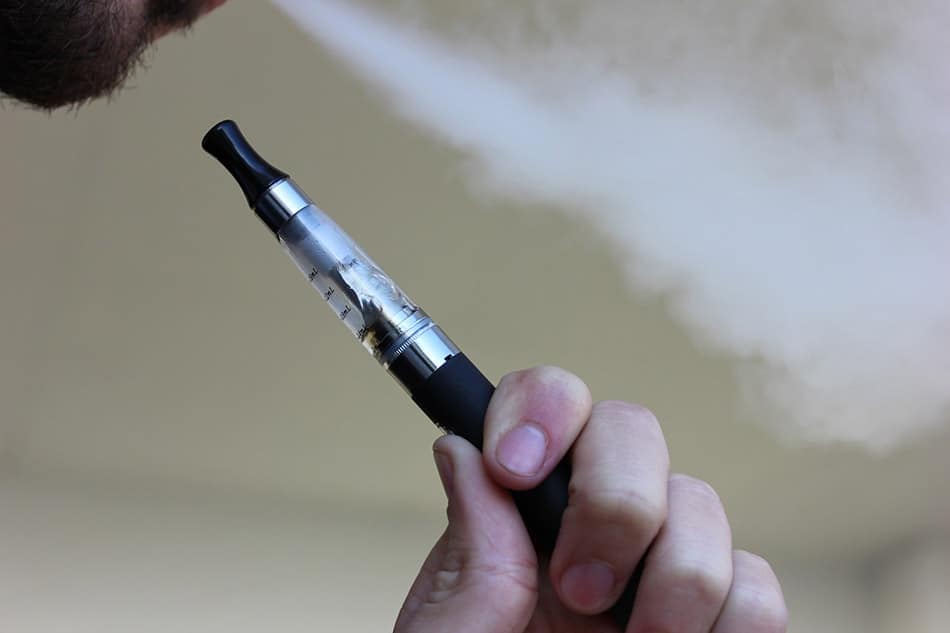H. Holden Thorp, editor in chief of Science Magazine, is currently under fire for an incendiary op-ed titled We Know What The Problem Is wherein he admonished the scientific community for not taking a more proactive stance with regard to gun control in the United States.
In the article which was published in the wake of the Uvalde, TX school shooting, Thorp declared that scientists had no right to simply sit in the sidelines as others fought over the necessary regulations on gun use and ownership in the United States. He added that the research sector needed to delve into how gun ownership impacts the public health system. In doing so, scientists would be able to provide ample evidence regarding the consequences of owning firearms and thus have the ability to make society safer.
However, Thorp’s scathing article has led to debate within the scientific community. While there have been a few studies which justify the need for gun control, these are overwhelmed by studies that prove otherwise.
One such study which focused on how guns in the home affected the global rates of suicide and gun violence reported that there was no real correlation between the number of gun owners and the prevalence of suicide or violence by firearms. In which case, experts are questioning whether the sensible gun control measures Thorp suggested in his article would truly be able to prevent crime and self-harm among mentally-disturbed individuals.
They Don’t Need Guns To Get Violent
Experts have also noted that truly violent individuals like hardened criminals and terrorists continue to be a threat even in countries wherein gun control measures have long been in place. Indeed, in cases like the 1995 sarin attack in Japan, having no access to firearms is not a deterrent for criminals: they just find more creative solutions to get what they want.
Nevertheless, gun control remains a popular topic for lobbyists because it is seen as the easiest – therefore, most logical – solution to an ongoing problem. As one expert puts it, if people are shooting at each other, just take their guns away. However, in real life, the issue is not an easy one to resolve.
One particular reason as to why the joint issues of gun violence and firearm control are so difficult to fix is because the violent and deviant behavior seen in many gunmen involved in mass shootings is not evenly distributed or easily seen within a given swath of the population. Indeed, a 2018 analysis noted that only a handful of individuals have been responsible for the majority of violent crimes committed in the United States alone.
That said, being able to catch a tendency towards violent behavior early on is considered a more doable solution to mass violence. In fact, psychologists note that two of the best ways to predict violent behavior don’t involve firearms at all: exposure to physical violence and long-standing substance abuse. Behavioral experts say that, if these issues are resolved, then total gun control may not be necessary after all.















